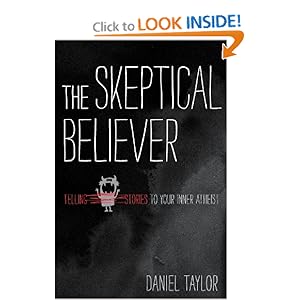Among an array which I hope to write about in the near future, let me mention just one: I Cor. 8:1.
The pithy “knowledge puffs up, but love edifies” is frequently slung out as a warning that knowledge is somehow intrinsically corrosive. The conclusion many tragically make is to steer clear from acquiring too much knowledge for it will make you arrogant. Love is where it is at. The first commandment after all is to love God, not know about Him!
There are many problems with this line of thinking. Let me briefly sketch out a few. The context of I Cor. 8:1 addresses those who feel the freedom to eat food sacrificed to idols and those who don’t. Paul warns against allowing “this knowledge” (as the ESV helpfully renders it) which gives some the freedom to eat the food to guard against being critical of those who don’t have the same freedom. It is knowledge misused not knowledge in and of itself that Paul is warning about.
Furthermore, we know that Paul makes many appeals to knowledge and right thinking throughout his teaching on Christian growth, so knowledge per se is not in Paul’s spiritual cross hairs. A brief, but wise summary of these is found in John R.W. Stott, Your Mind Matters (Downers Grove, IL: InterVarsity Press, 1972), 41-42.
It would make no sense for the apostle Paul to diminish the importance of knowledge when he warns against “thinking like children” and the need to be “mature in our thinking.” And this occurs in the same book as the misapplied verse of I Cor. 8:1 (see I Cor. 14:20)!
Our real nemesis is pride not knowledge. Pride can tempt those who know a lot, but pride can equally tempt those who may not know as much, but are prideful about how zealous they are. I can attest to pride’s seductive allure with both extremes.
Acquiring knowledge is viewed as virtuous in the book of Proverbs. And knowledge is much more closely related to wisdom there (and vice versa) than many Christians appreciate, but that will have to wait for another day.
In our pursuit of knowledge (again a noble endeavor) we must remember that pride often lurks to flatter our egos, but knowledge is not our enemy. Pride is our true nemesis and it is ever-present to entice knowledgeable Christians who look down on those who don’t think in very sophisticated categories. It also tempts those who are zealous to look down their spiritual noses at those who are not “doing so much for the kingdom.” As some of my Cru friends used to say, “We are the Green Berets” of American Christianity. Many times we were encouraged to “attack hell with a squirt gun” while being warned over pursuing too much education.
We need to remember pride is one of the seven deadly sins not knowledge!









